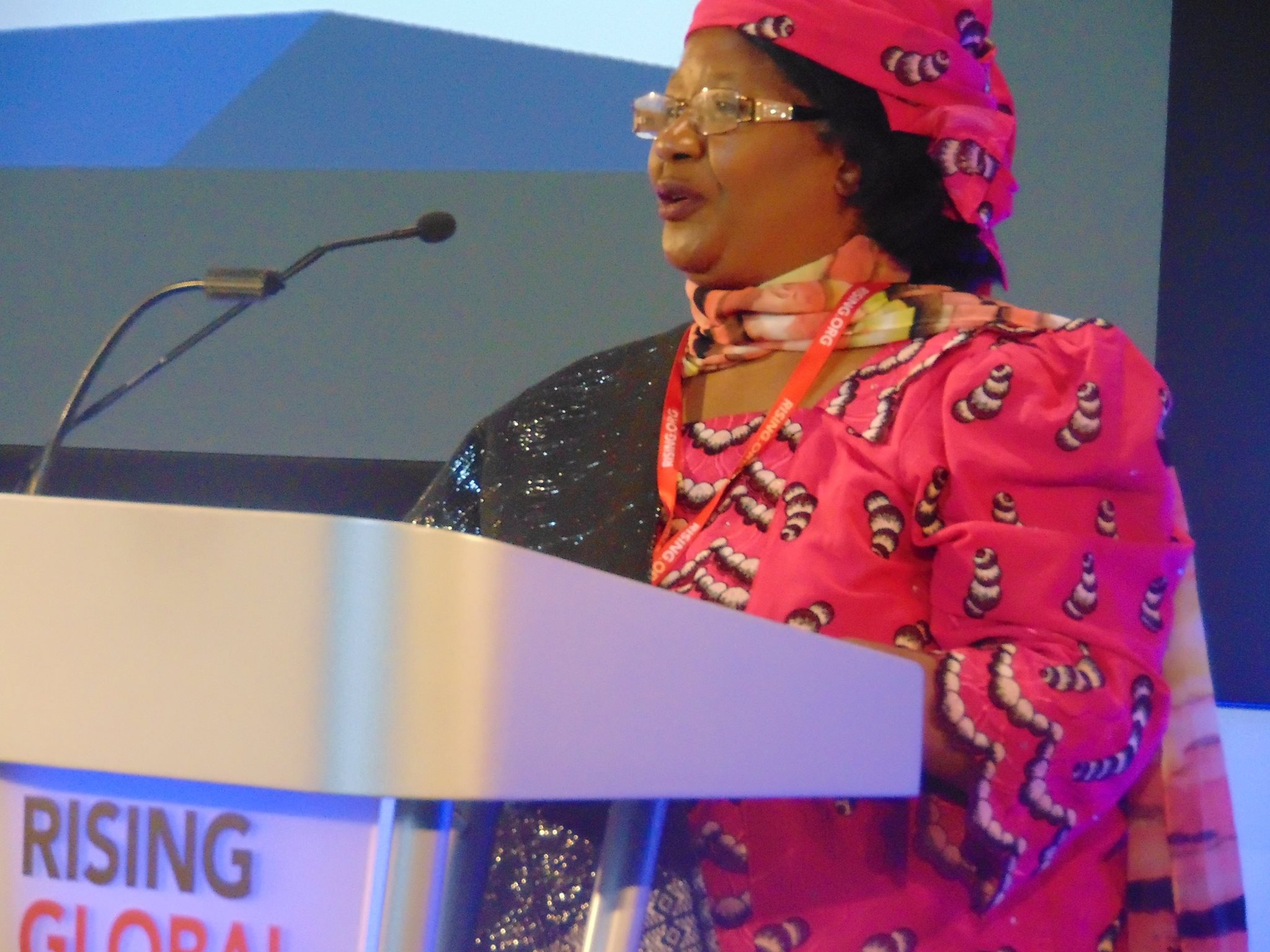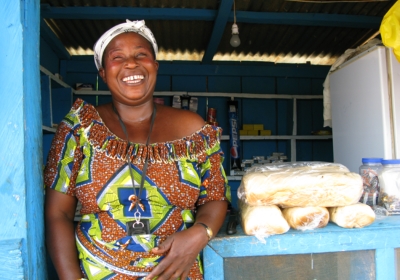Small holder farmers in Malawi are unable to access certified seeds because the seeds are in short supply at the local informal markets which these farmers rely on.
The revelation is among findings of a study that examined about 10,000 seed transactions in Malawi and four other African countries and Haiti.
The research found that “most African smallholder farmers are actively shopping for seeds, mainly through local ‘informal’ markets”. But these markets are largely ignored by seed initiatives”.
Ironically, smallholder farmers are the mainstay of agricultural production in Malawi. They constitute over 85 percent of the production in the country, according to government records.
The extensive survey, published yesterday in the journal Food Security, “raises red flag for reliance on formal markets to deliver critical crop varieties” to farming families.
It also puts into question the argument by some quarters that most farmers rely on saved seed.
According to the study, these smallholder farmers purchase more than half of their seeds every year through local markets and other informal sources.
It says these outlets which are neglected by certified seed suppliers “present a major opportunity for improving access to better crop varieties which are crucial to dealing with climate, nutrition, and other production challenges in a region where food security remains a major concern”.
The study found these markets to be important for legumes, accounting for 64 percent of seeds for crops like beans and cowpea that are essential sources of protein and other nutrients.
“In contrast, a relatively small proportion of transactions—2.4 percent overall with no country higher than 17.4 percent— involved ‘certified seed’ produced by private sector companies and sold through farm supply stores or ‘agro-dealers’.”
Two scientists, Louise Sperling of Catholic Relief Services (CRS) and Shawn McGuire of the University of East Anglia (UEA), led the research.
The short supply of certified seed on the informal market presents a significant and untapped business opportunity for seed suppliers, they say.
Sperling said selling seeds through more informal channels poses challenges for quality assurance, but he argued that the challenges are not insurmountable.
“The bottom line is we need to be more open to new ways of getting seed to farmers and not let the perfect be the enemy of the good,” he said.
There searchers interviewed farmers in Malawi, Kenya, South Sudan, the Democratic Republic of Congo, Zimbabwe, and Haiti.




